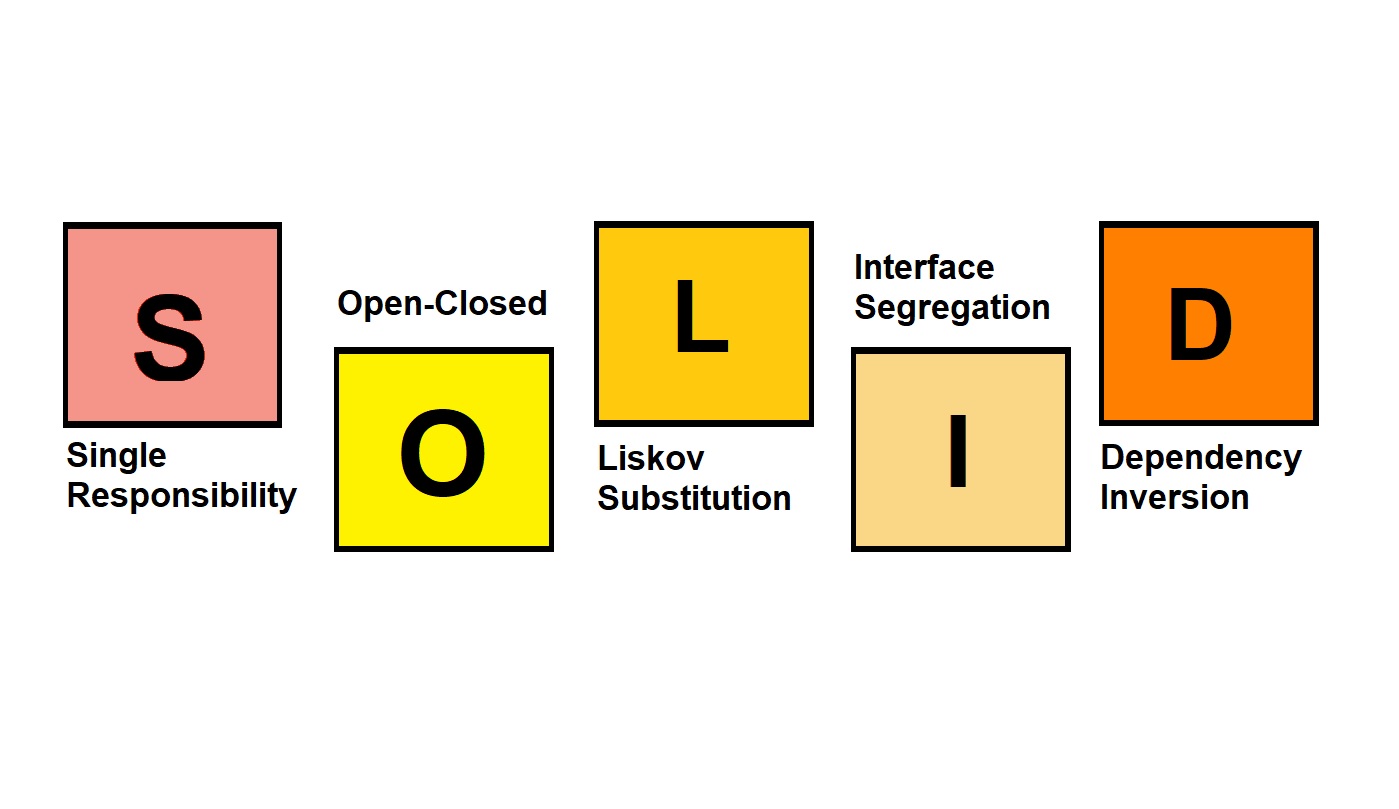If you google SOLID principles, thousands of articles pop out, describing what those five principles are. They are considered very important in object-oriented programming. However, some people may still struggle to understand the real benefits of using those principles. We already explained SOLID principles with PhP examples here. In this article, we will go through the SOLID principles in software development and explain their benefits in simple words, especially the benefits for the business.
SOLID principles are basically about having clean codes. Some people might ask why you need clean codes if messy ones can work too? It might be true in some cases. But if you aim for a long and well-functioning business, your code should be clean.
Moreover, SOLID principles have been tested and tried by many programmers in real situations.
Single-Responsibility Principle
It means that a class has one job. So, the code is easier to follow, debug, remove and refactor. Over a long time, you might need to change things. And if your code follows the single responsibility principle, you will be able to make changes very easily. And even if you mess something up, you will only mess up in a small part of the code, which will be easy to fix.
Here, you can learn how the single responsibility principle is applied.
Open-Closed Principle
This principle says that “objects or entities should be open for extension but closed for modification.” That means that you should be able to extend software entities without modifying existing code. It promotes re-utilization. What does it mean for business? That it is cheap and not risky to change something. You can easily update and evolve without rewriting everything.
Liskov Substitution principle
This principle states that objects must be replaceable by instances of their subtypes without altering the correct functioning of the system. In other words, you can replace objects with other objects of the same nature. Once again, it makes it easy to update the code and integrate new details very fast.
Interface Segregation principle
This principle is somewhat similar to the single responsibility. It means that you should not implement an interface that does not go to use. You should develop specific interfaces rather than general-purpose interfaces. And it is better to have more interfaces rather than too few. It means that the system’s users will only have to interact with functionalities they need and will not need to interact with something they don’t need. The developers will then need less code, which is cleaner and faster.
Dependency Inversion Principle
According to this principle, a high-level model should not depend on the low-level model but abstractions. Abstractions should not depend on details, but details should depend on abstractions. It is the inversion principle because usually, high-level models do depend on low-level models. It means that you change these dependencies more easily. So if technical requirements change or libraries are discontinued, it is cheap and fast to change the code.
We hope you now understand the benefits of using SOLID principles when developing software better. Learn more about MVC pattern too.








Leave A Comment